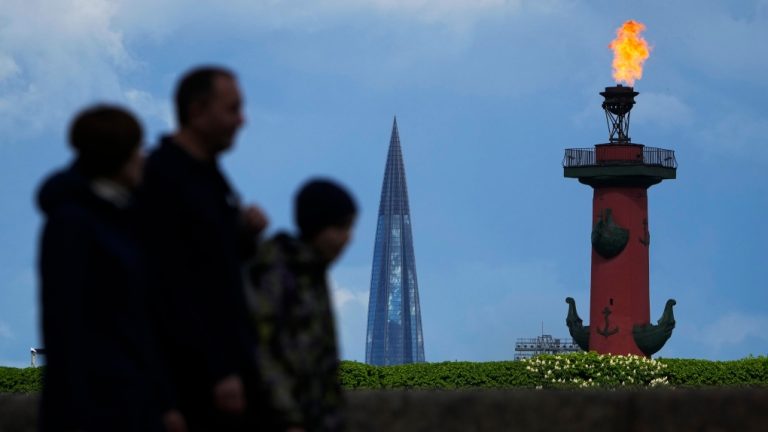Summary
- OMV Warned of Potential Cut-Off: OMV, the Austrian oil and gas company, issued a warning on Thursday about the possibility of a gas supply cut-off.
- Ukraine Gas Transit Set to Expire: Ukraine’s gas transit contract with Russia is set to expire at the end of the year.
- Kyiv’s Position on Contract: Ukraine has stated that it has no plans to renew or extend the gas transit contract.
Russia informed Austria on November 15 that it would suspend gas deliveries starting Saturday, signaling the imminent end of Moscow’s last remaining gas supplies to Europe. This suspension will leave Hungary and Slovakia as the only European countries still receiving significant volumes of Russian gas, marking a sharp contrast to the decades of dominance when Russia met 40% of the EU’s gas needs before its invasion of Ukraine in 2022.
Austria, the first Western European country to purchase Russian gas, entered into a contract with the Soviet Union in 1968, just months before the Soviet invasion of Czechoslovakia. The long-standing relationship will end this year due to a contractual dispute between Russia’s Gazprom and Austria’s OMV.
OMV announced the suspension through a notice on the central European gas hub platform, confirming that Gazprom would halt deliveries on Saturday. Gazprom declined to comment.
While much of Europe has reduced its reliance on Russian gas following the invasion of Ukraine, Austria remains one of the few countries still dependent on it. However, OMV has prepared for this cut-off and plans to meet domestic demand by importing gas through Germany, Italy, and the Netherlands.
Analysts at Eurointelligence warned that the gas cut-off could worsen Austria’s energy crisis, which has already led to a significant drop in gas demand and negatively impacted the manufacturing sector. “Austria’s economy is currently stuck in recession. Germany is sneezing, and Austria is catching the cold,” they noted.
Germany, which had been heavily reliant on Russian gas before the war, also saw its supplies cut after the Nord Stream pipelines were damaged in 2022. The announcement of the suspension to Austria came as Russian President Vladimir Putin and German Chancellor Olaf Scholz held their first phone conversation since December 2022.
The Kremlin stated that Russia was open to discussing energy deals with Germany, should Berlin be interested. “Russia has always strictly fulfilled its treaty and contractual obligations in the energy sector and is ready for mutually beneficial cooperation if the German side shows interest,” the Kremlin said.
In 2023, Russia shipped approximately 15 bcm of gas via Ukraine, representing only 8% of its peak gas flows to Europe in 2018-2019. This transit route accounted for 65% of gas demand in Austria and its eastern neighbors Hungary and Slovakia, according to the International Energy Agency.
Ukraine has indicated it does not plan to extend the transit agreement into 2025, which would cut off gas supplies to Austria and Slovakia. Hungary no longer receives significant gas via Ukraine and now imports gas through the TurkStream pipeline under the Black Sea, while Slovakia continues to receive Russian gas via Ukraine.
EU Energy Commissioner Kadri Simson told Reuters at a UN climate conference in Azerbaijan that all EU countries receiving gas through Ukraine have access to alternative supply sources. “We have been very clear that alternative supply is available, and there is no need for the continuation of Russian gas transiting via Ukraine to Europe,” Simson said.

